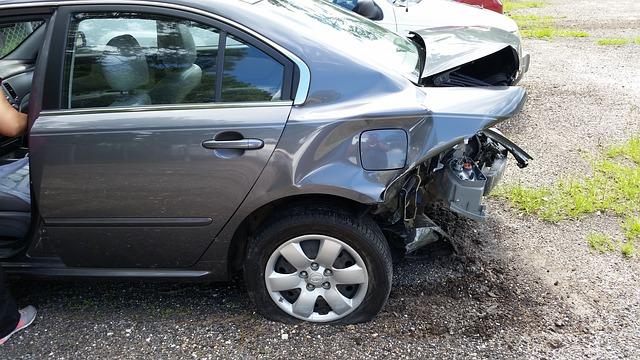After an injury resulting from a car crash, every aspect of your life is scrambled and your routines are totally altered. Maintaining and building your physical and mental health are incredibly important for your road to recovery. While recovering from your injury, it can be difficult to keep on track with the routines you are accustomed to for maintaining your health. It is important to come up with a game-plan to maintain and even build your health while you get back to your life.
Physical Wellbeing During Recovery
Two of the most important parts of your physical health are diet and exercise. After suffering an injury from an accident, you may lose your ability to maintain routines, and your physical capabilities will be impacted. Simple tasks like walking up the stairs or cooking yourself a meal can become seemingly impossible. Taking a mindful approach to the food you are eating and focusing on your physical therapy will significantly improve your road to recovery.
Exercise
Treatment for your injuries by medical professionals is the single most important part of your physical recovery after an accident. While consulting with your providers during treatment visits, ask your physician what sort of exercise routine or at-home physical therapy they recommend while you recover. While it is important to stay active for a healthy routine, it is equally important to not overexert yourself or participate in exercise that could be detrimental to your recovery. Depending on your injury, going on a walk or hike may be in the scope of your ability while you treat, but for others lifting objects like household items may be the extent of recommended exercise. Always be as transparent as possible about your symptoms or improvement with your doctors to ensure they are recommending the right plan that will fit your specific needs.
Carving out time and staying consistent with your physical therapy is essential. Attempt to enlist your family members to help you stick to a routine. Set reminders, reward yourself for each task with a cup of tea or a special TV show. Recovering from an injury can feel discouraging at times, so we recommend being extremely patient with yourself, and don’t give up on your physical therapy programs.
Diet
It can be difficult to maintain a healthy, well-rounded diet after an accident. Lack of mobility can keep you from cooking meals or even making trips to the grocery store.
Just like your exercise and physical therapy plans, consult your physician for the best diet plan specifically for you. Depending on your dietary restrictions or even specific injury, certain foods may be the perfect supplement to treating your injury, while others should be avoided. Fruits and vegetables have vitamins and minerals that can help you fight the inflammation that may be causing part of your pain. Simply eating healthy foods can help alleviate some of the symptoms of your injuries.
If you don’t have someone that can help you with grocery store trips to buy the right foods for your recovery, consider using grocery delivery services like Instacart or Amazon Fresh. Usually the delivery fees are minimal or even waived depending on the amount of groceries you purchase. This can be a great tool for you access to the healthy foods your doctor recommends.
Mental Health After an Accident
Even if you have never experienced mental health issues in the past, the trauma of a car accident can expose you to symptoms you have never felt before. Not being able to work, feeling isolated, chronic pain, and high stress levels can contribute to a decline in your mental health. The mental and emotional aspect of your recovery should not be ignored. Addressing these symptoms are important no matter how minimal they may feel. Having someone you trust and can talk to is a great first step to tackling your mental health. If you don’t feel comfortable speaking to someone you know, or if your mental health takes a severe decline, professional help may be the best option. Your physician can refer you to a specialist that will help you with your mental health and prescribe the best solutions for you to start feeling better.
Free Access To Mental Health Services
Many are fortunate to have relatives to talk to during troubling times, or even have the help of a professional therapist. Sometimes we find ourselves wanting help without knowing who to talk to. Colorado Crisis Services [https://coloradocrisisservices.org/] is an organization that has communication lines open 24/7 to support you in whatever you may be going through. You can reach them over the phone: 1-844-493-8255, or by texting “TALK” to 38255, for free and confidential support.
If you ever feel overwhelmed with your mental health to the point where you are contemplating suicide, we strongly urge you to speak to your loved ones or to a professional. The National Suicide Prevention Lifeline [https://suicidepreventionlifeline.org/] is available 24/7 for people who are in crisis. If you or a loved one needs help, call 1-800-273-8255 for free and confidential support.
Start Your New Healthy Habits Today
Even if you haven’t been in an accident, starting healthy habits now will positively impact your life. A well-rounded diet and exercise routine, along with keeping up with your mental health will help you prepare for difficult circumstances that could present themselves later on. Below are some resources you can use to start on your journey towards wellness:
Exercise Guidelines From Department of Health and Human Services
Dietary Guidelines From Department of Health and Human Services
Guidelines For Mental Health Therapies


